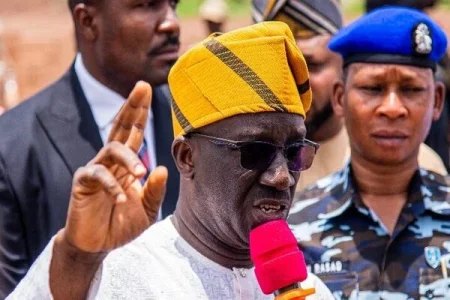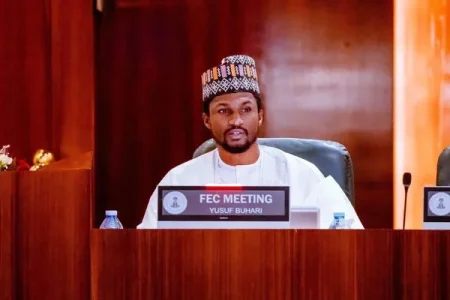
Former President Olusegun Obasanjo criticizes President Bola Tinubu's economic policies on fuel subsidy removal and exchange rates, calling them necessary but poorly implemented. He urges the government to adopt consistent and transparent policies to restore investor confidence and drive Nigeria's economic growth
Former President Olusegun Obasanjo has sharply criticized President Bola Tinubu’s economic policies, describing them as necessary but poorly executed.
Obasanjo's rebuke came during a speech at the Paul Aje Colloquium in Abuja, focusing on Nigeria’s economic crisis and insecurity.
Obasanjo pinpointed three critical areas where he believes Tinubu's administration has faltered: the removal of fuel subsidies, the unification of exchange rates, and the handling of the military coup in Niger Republic.
He argued that while these policies are crucial, their mismanagement has exacerbated economic hardships for Nigerians.
"The present Administration has not found the right way to handle the economy to engender confidence and trust for investors to start trooping in," Obasanjo stated. He emphasized that economic progress requires production, productivity, and trust in government leadership.
Highlighting the consequences of the misapplied policies, Obasanjo noted that multinational corporations, like Total Energy, have opted to invest in other African countries such as Angola, bypassing Nigeria due to perceived instability and lack of investor confidence.
He stressed the need for consistency, continuity, and transparency in government policies to foster a conducive environment for investment.
Obasanjo also critiqued the government's intervention in the Niger Republic's political turmoil, suggesting that it distracts from addressing domestic economic issues.
He called for a shift from transactional to transformational leadership, advocating for a government that acts as a catalyst for development, growth, and progress.
"The way forward is production and productivity which belief and trust in government leadership will engender. No shortcut to economic progress but hard work and sweat," he concluded, urging the administration to adopt policies that are not only necessary but also correctly implemented to stabilize and grow Nigeria’s economy.




